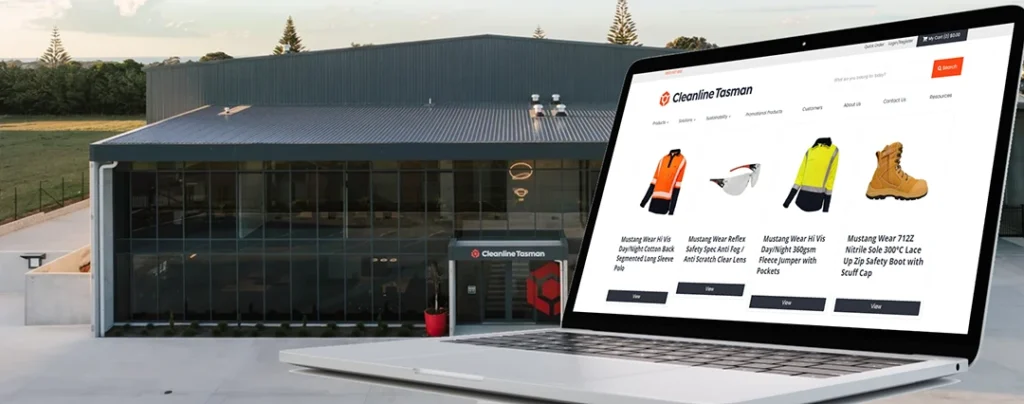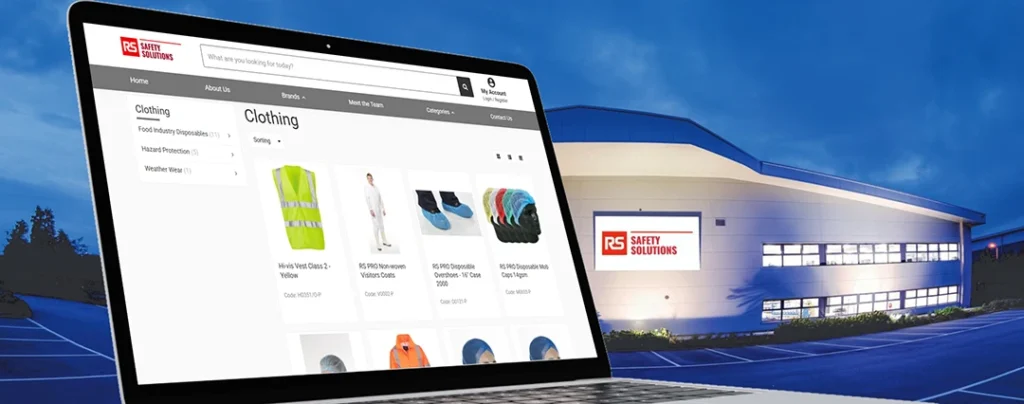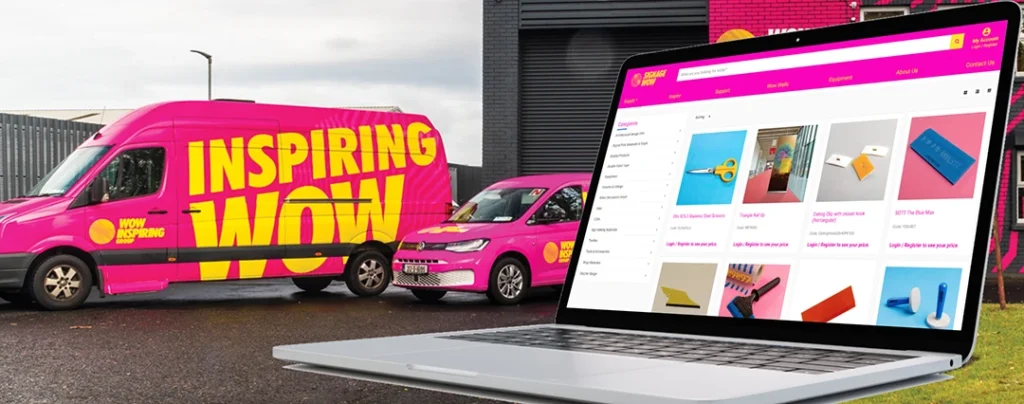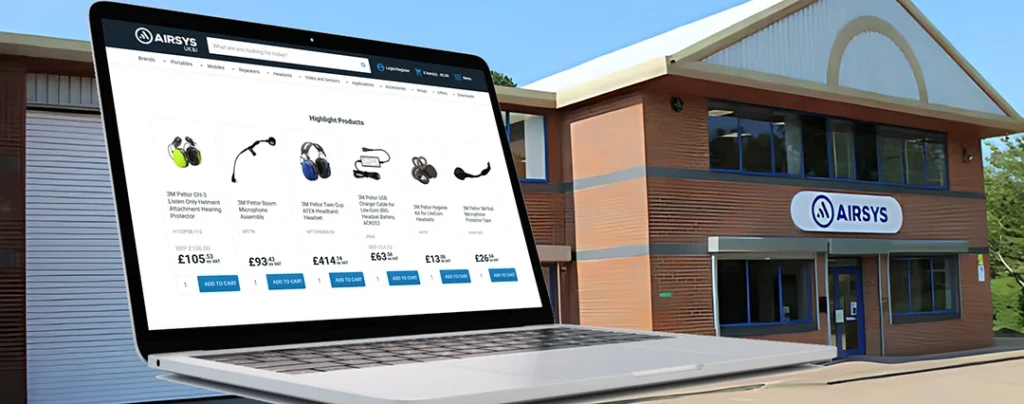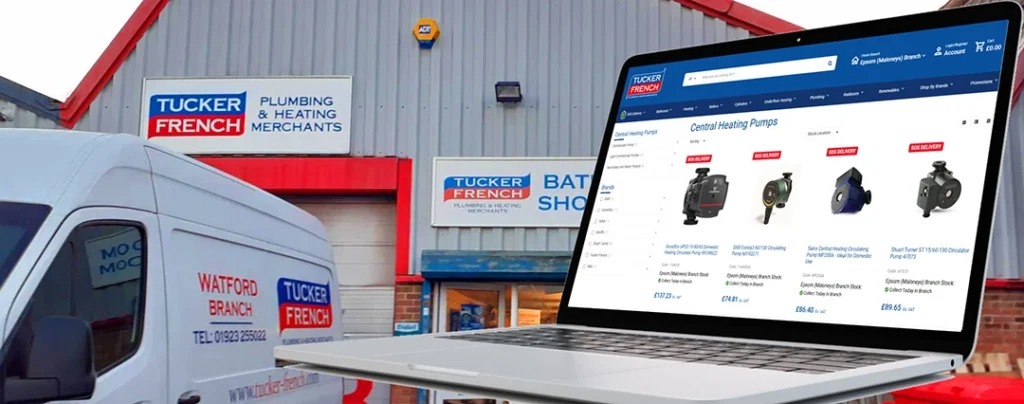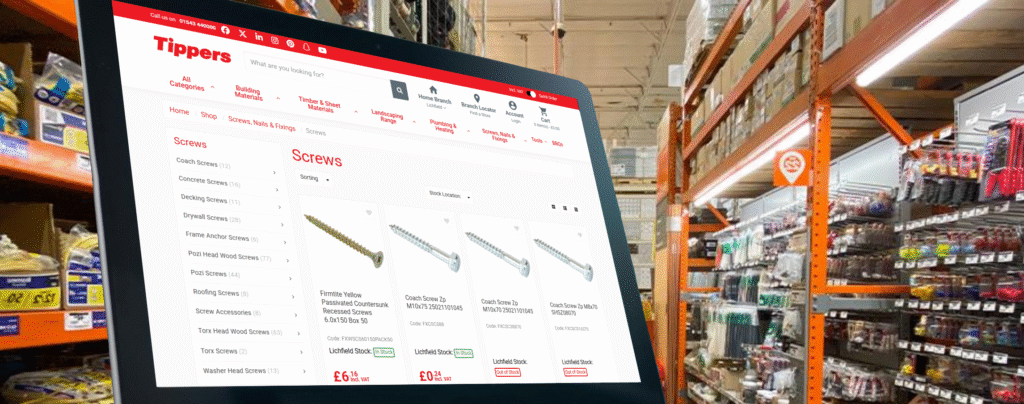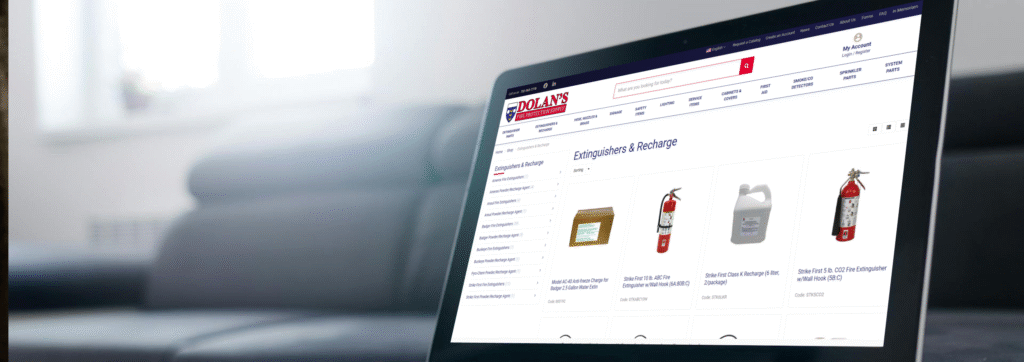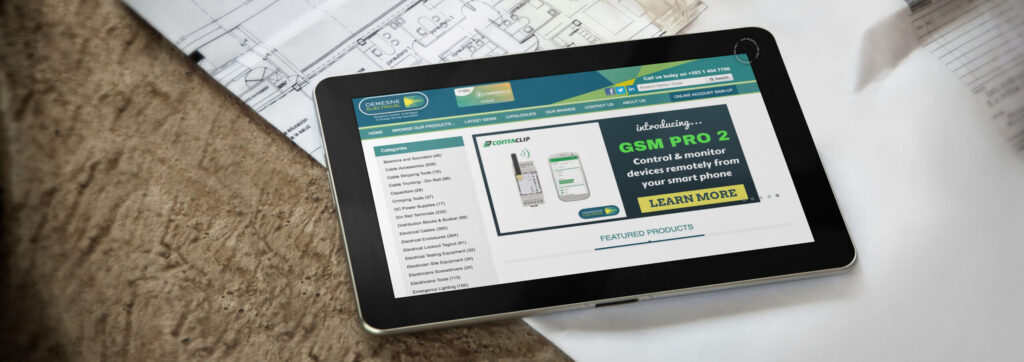Government agencies should be about sharing knowledge, disseminating information, and enabling those they serve. Regrettably, government communications with citizens have a reputation of being difficult to understand and therefore not engaging. The result? Important messages don’t get read. And unread messages can affect public health and safety, or lead to unpleasant citizen encounters such as code violations.
Steeped in regulations and constrained by budgets, governments attempt to deliver critical information to citizens with a one-size-fits-all approach to document creation and delivery. For example, they must include policy language and legal wording in their communications; it’s just the nature of their work. Commonly, agencies include the same legal passages in every document, regardless of whether they apply to a particular case. Wading through superfluous text to find needed information makes citizens angry and confused. Sizeable packets that present the same information in multiple languages just make it harder for citizens to locate the items that pertain to them. Plus, these complicated documents are often printed and mailed. This is no longer the most efficient communication method.
Though rules and regulations have a heavy influence on the information governments must relate to citizens, many agencies have designed documents to enable their own processes with little regard for the needs of the people they serve. Consumers are used to the clarity and simplicity they experience in interactions with commercial companies. The traditional governmental approach to communications with citizens is becoming a barrier rather than a conduit of information.
Dynamic Document Templates Enable Highly Personalized Communications
Fortunately, technology has provided a way for governments to improve the notices, licenses, visas, or other official documents they issue to serve the public. Dynamic document templates driven by data can pull accurate, personalized information from centralized sources like Microsoft Dynamics 365, create only the applicable pages and paragraphs, and determine the proper language variation.
By drawing personal data from a central database, documents sent to citizens can be much more specific. A communication about subsidized housing addressed to a single mother with young children, for example, would be entirely different from the same letter sent to a senior citizen living alone. Important details stored about each agency client can be used to select text blocks, graphics, and data items that give the document recipient all the information they need to make a decision or take a necessary action, without burying the important information among unnecessary boilerplate text. Personalization leads to highly contextual and easily comprehended citizen communications and improves cooperation.
Keep Up with the Times (and Your Citizens) with Omni-Channel Delivery
With another useful technological advancement, governments can distribute their documents via both traditional and modern channels, all from within the Microsoft Dynamics 365 platform. However, interest in mobile communications is exploding. A 2018 survey of 2,000 American citizens by Conduent reports that while only 38% of respondents said they accessed government solutions from a mobile device, 73% said they plan to do so in the future.
Mobile document delivery is especially helpful for communicating with contractors or government employees who spend their days in the field. Individuals can get more done in a day by eliminating the waiting time associated with mailed or faxed documents. A contractor awaiting a construction permit, for instance, can receive the necessary information on a mobile phone rather than driving to a municipal office to retrieve it.
Average citizens appreciate the convenience of receiving information from agencies in the same manner employed by their bank, utility company or other service providers. With the right document generation and automation solution, government entities can easily deliver documents like jury summons and vehicle registrations via email or text, which shortens the gap between document production and receipt and increases message effectiveness.
The public is definitely interested in advances their government might make in citizen communication. Most respondents in the Conduent survey said governments should experiment with new technologies (62%) and voice-activated services (54%) to communicate more effectively. Governments that ignore this trend risk losing touch with their constituents.
Multiple Benefits for Governments
Besides improving citizen satisfaction by generating clear and personalized citizen communications, governments can experience a reduced drain on expensive resources that assist residents who have questions about the documents they’ve been sent. When documents are simplified to relate important information in a relevant and personalized way, citizens are less likely to seek clarification via phone calls or visits to agency offices. This frees time for employees to get more work done in a day – which further boosts citizen satisfaction.
Template-based government documents connected to a core system put the power of communication into the hands of more staffers, without concern about regulatory compliance. Legal experts review and approve regulatory wording, disclaimers or privacy statements in advance and upload new versions to the centralized source, when necessary. Document templates access the approved text at the time of document creation, eliminating the chance of accidentally using an outdated version.
Language choice recorded in a core system like Dynamics 365 also reduces the risk of non-compliance with jurisdiction or citizen requirements. When language is controlled by explicit demographics, such as a citizen’s preferred language, or affected by the geographic region to which the communication is directed, government staffers are confident they are using the right language variation every time. Not only this improves citizen experience and engagement, but also increases agencies’ efficiency and reduces costs; the need to generate every single document in multiple languages is eliminated.
A template-based document system that seamlessly integrates with Microsoft Dynamics 365 or other core systems offer governments many benefits. Such modern solution allows agencies to efficiently produce and deliver personalized, multilingual and omni-channel documents, all while lowering costs and improving citizen communications and engagements.
To learn more about Experlogix Document Automation solutions, visit our Integrations section, request a free 30-day trial and follow us on social media.

